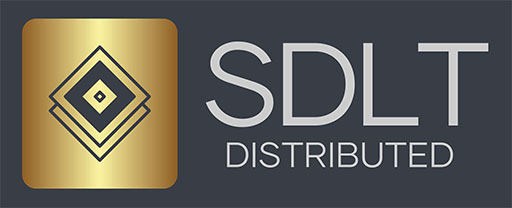
Swiss Banks Unveil Blockchain System That Redefines Speed and Trust
Coin WorldWednesday, Sep 17, 2025 9:51 pm ET
![]() 1min read
1min read
– Swiss banks complete first legally binding blockchain fund transfer via proprietary platform in under 15 minutes.
– SBA-led initiative adhered to Swiss AML/KYC rules with third-party audits, using smart contracts for automated compliance.
– Private-permissioned blockchain enabled tamper-proof transactions, reducing human error and operational delays.
– SBA plans to expand blockchain use for real-time settlements and cross-border payments, aligning with Switzerland’s fintech strategy.
– Potential 30% cost reductions and faster global transactions could emerge as regulators support DLT innovation.
The Swiss Bankers Association (SBA) has confirmed the successful execution of the first legally binding blockchain-based fund transfer between major Swiss
. This milestone marks a significant step forward in the integration of blockchain technology into traditional banking infrastructure. The transfer, facilitated through a proprietary platform, involved two unidentified Tier 1 banks and was completed in under 15 minutes, demonstrating the efficiency and speed of blockchain in cross-institutional transactions.
The initiative, which has been in development for over 18 months, was spearheaded by a consortium of SBA member banks, in collaboration with legal and technology experts. According to an internal SBA report, the process adhered strictly to Swiss financial regulations, including anti-money laundering (AML) and know-your-customer (KYC) protocols. The platform was also audited by third-party legal and cybersecurity firms to ensure compliance with national and international standards.
One of the key innovations in the project was the creation of a digital contract layer that automatically executed the transfer once all conditions—such as verification of sender and receiver identities and compliance with transaction limits—were met. This contract layer, built on a private-permissioned blockchain, ensured that the transaction was both legally enforceable and tamper-proof. The use of smart contracts eliminated the need for manual intervention, reducing the risk of human error and operational delays.
The success of the test has prompted discussions within the SBA about potential broader applications of blockchain in the Swiss banking sector. Possible uses include real-time settlement of securities transactions, automated compliance checks, and enhanced transparency in cross-border payments. Some analysts suggest that the technology could reduce transaction costs by up to 30% in high-volume environments, although these figures are based on preliminary modeling and have not yet been tested at scale.
The initiative also aligns with the Swiss government’s broader digital finance strategy, which aims to position the country as a global leader in fintech and blockchain innovation. Earlier this year, the Swiss Financial Market Supervisory Authority (FINMA) introduced a new regulatory framework that provides a legal basis for the use of distributed ledger technology (DLT) in financial services. This has enabled banks and fintech firms to experiment with new models of financial infrastructure without compromising regulatory compliance.
While the pilot is still in its early stages, the SBA has announced plans to expand the program to include more institutions and a wider range of financial products. The association is also in talks with international regulators to explore the possibility of cross-border blockchain transactions, which could further streamline global payments and reduce settlement times from days to minutes.

